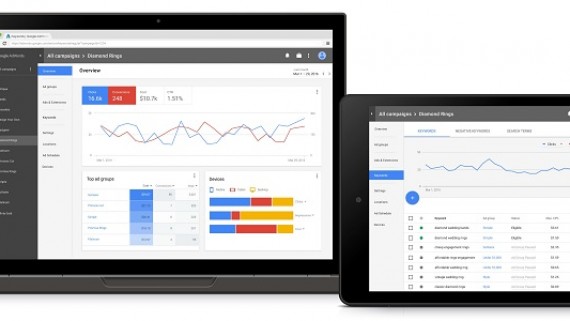This month Google alerted advertisers on the Adwords network that changes were being made to the way conversions are tracked and reported.
The abrupt change has occurred in order to combat Apple’s ‘Intelligent Tracking Prevention’ which was unveiled in June.
Safari’s Intelligent Tracking Prevention (ITP) Update
ITP identifies third-party cookies that are able to track web users across online properties, and ensures that:
• cookies can only be used to track a user’s behaviour for up to 24 hours
• beyond this point, the cookie can only be used to save the user’s website login information
• after 30 days the cookie is completely removed
The purpose of ITP appears to be to prevent web users’ behavioural data from being captured, and to make it more difficult to follow users around the web with ads specifically targeted to their interests.
Apple has stated that the change is not a malicious attempt to disrupt advertiser’s ability to track conversions, however it has certainly thrown a spanner in the works of advertising platforms such as Adwords.
The Impact of ITP
As browser cookies are the method by which a user’s conversion actions are tracked and reported on, this update to Safari would mean that conversions that take place 24 hours after the user clicks an ad will be lost from the reporting.
The removal of cookies after 30 days would affect any remarketing audiences built by advertisers in order to target to users after this period.
The Safari browser accounts for almost 15% of all web searches, and up to a whopping 50% of all mobile web searches.
Source: StatCounter Global Stats – Browser Market Share
The ITP update therefore poses a significant threat to the accuracy of advertisers’ conversion tracking.
Google’s Response
In order to adapt to the ITP update, Google have developed a new Analytics cookie that is consistent with Apple’s recommendations for continued tracking, and that will therefore store conversion data for Safari users.
In order for advertisers to take advantage of this new cookie, they must:
1. Ensure that auto-tagging is enabled within the settings of the Adwords account
2. Ensure that website Google Analytics account is linked with the Adwords account
For advertisers who have not enabled these two features, Google will be using statistical modelling in order to estimate/predict the number of conversions that could not be tracked from Safari users.
Additionally, a Google rep has indicated that the use of the new Google Analytics Gtag instead of the older Universal Analtyics Tag, can help to improve the accuracy of conversion tracking.
Has Google’s Response Been Effective?
The full extent of how advertisers’ conversion reporting will be affected by the ITP updates will become more apparent as time passes. Advertisers will have the opportunity to cross reference the actual number of conversion actions, such as sales and leads generated, with the data reported within Adwords and reveal where any inaccuracies lie.
Advertisers should seek to verify the accuracy of their conversion tracking data before reacting to any changes they are seeing in a campaign’s conversion data.








Comments
No comment yet.